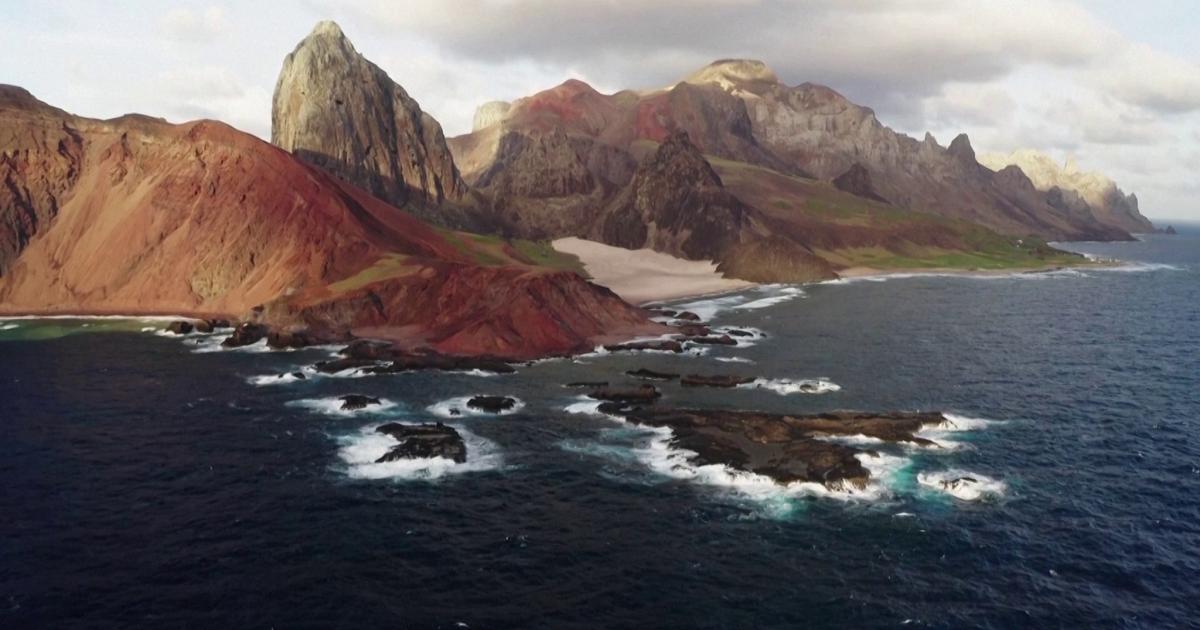Environment Pollution
"There's a lot of talk about the Anthropocene, here it is"
"Terrifying plastic rocks" on green turtle sanctuary island
In Trindade, in the middle of the Atlantic Ocean, a Brazilian research team studies a worrying phenomenon
15/03/2023
Reuters/University of Parana
The geology of the Brazilian island of Trindade has fascinated scientists for years, but now the discovery of rocks composed of plastic debris in this remote green turtle sanctuary raises the alarm of researchers.
On the beaches of this volcanic island located in the Atlantic Ocean about 1200 km from the southeast coast of Brazil, plastic has merged with rocks and for scientists it is evidence of the growing influence of man on the geological cycles of the Earth.
"It's a new and terrifying thing at the same time, because pollution has reached geology and plastic can be stored in Earth's geological record," Fernanda Avelar Santos, a geologist at the Federal University of Parana, told Reuters.
Santos and his team perform chemical tests to identify the type of plastic found in rocks, called "plastiglomerates" because they consist of a mixture of sedimentary granules and other debris held together by plastic.
"(The pollution) comes mainly from fishing nets, which are very common debris on the beaches of Trindade Island," Santos explains. "The nets are dragged by the sea currents and accumulate on the beach. When the temperature rises, the plastic melts and incorporates into the natural material of the beach."
The island of Trindade is one of the most important conservation places in the world for green turtles (Chelonia mydas) who come here by the thousands every year to lay their eggs.
The only human inhabitants of Trindade are members of the Brazilian navy that maintains a base on the island and protects nesting turtles.
"The place where we found these samples is a permanently protected area in Brazil, near where green turtles lay their eggs."
According to Santos, the discovery raises questions about humanity's impact on Earth: "There is a lot of talk about the Anthropocene, here it is."

